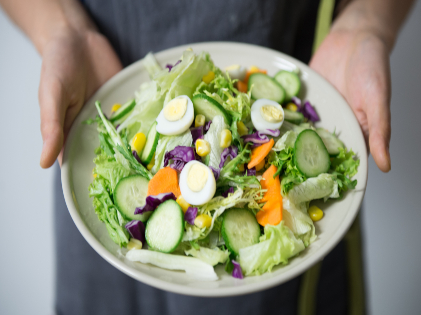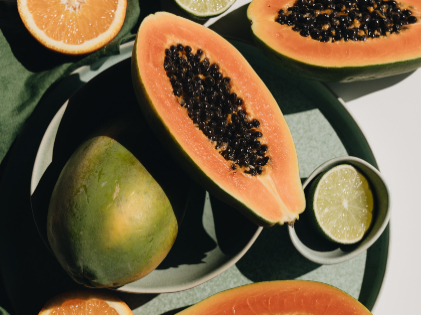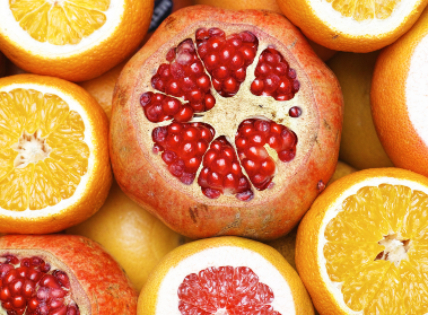A colostomy is a surgical procedure the doctors perform when a person finds it difficult to pass stools because of reasons such as cancer, Crohn’s disease, or diverticulitis. It entails putting forward one end of the large intestine through a stoma, an opening in the stomach walls. At times, a pouch is also attached to the side of the body that collects and disposes of excretion from the digestive tract. After the surgery, one will have to alter their diet for a short while, especially during the first few weeks. Let’s find out what the colostomy diet is, which foods are to be avoided and how to follow the diet plan.
What Is a Colostomy Diet?
A colostomy diet is a short-term diet that needs to be followed during the days and for a few weeks followed by the surgery.
Right after the surgery, you might have to maintain a clear liquid diet for a few days which consists of items such as water, broth, and simple gelatin. After a while, you will be able to move towards a low-residue, high-protein diet, which is most needed in the first few weeks of the surgery as you proceed to recover since it leaves the least amount of wastage in your gut after all the nutrients are absorbed.
The food that comes under this category is bland foods that can be easily digested to avoid gastrointestinal symptoms. At some point, you might also have to lessen the consumption of high fiber foods as they increase the size of the stool and can also block your bowel.
This will only go about for the first few weeks after the surgery after which you will be able to go back to your routine diet.
Foods to Eat
 Coming right after the surgery, you will be advised to consume low fiber foods such as white bread or rice, fruits, and vegetables that can be easily digested. Foods that are rich in protein such as meat, egg, low-fat dairy, etc. should also be consumed to help recover you quickly.
Coming right after the surgery, you will be advised to consume low fiber foods such as white bread or rice, fruits, and vegetables that can be easily digested. Foods that are rich in protein such as meat, egg, low-fat dairy, etc. should also be consumed to help recover you quickly.
Things you can eat during this period are canned fruits, protein-rich foods such as eggs, fish, whole grains such as white rice, white bread, crackers, low-fat dairy products such as non-fat yogurt, skimmed milk, and cheese, beverages such as water, sports drinks, decaf tea or coffee and potatoes, tomatoes, and lettuce among vegetables.
People who are lactose intolerant may find certain foods mentioned above as dairy products cause them some digestive problems like diarrhea. If something of this sort happens, you should limit your consumption of dairy products.
Foods Best to Avoid
 Certain foods can cause digestion problems. Thus, you should reduce their intake to avoid problems of this sort. Foods that you should avoid during this period are raw vegetables such as broccoli, cauliflower, raw fruits with skin such as grapes, apples, strawberries, certain grains such as brown rice, barley, all kinds of nuts, including almonds, walnuts, and cashews, Chia seeds, flax seeds, high-fat dairy products such as butter, ice cream, all kinds of spicy foods and fried foods as well as carbonated beverages.
Certain foods can cause digestion problems. Thus, you should reduce their intake to avoid problems of this sort. Foods that you should avoid during this period are raw vegetables such as broccoli, cauliflower, raw fruits with skin such as grapes, apples, strawberries, certain grains such as brown rice, barley, all kinds of nuts, including almonds, walnuts, and cashews, Chia seeds, flax seeds, high-fat dairy products such as butter, ice cream, all kinds of spicy foods and fried foods as well as carbonated beverages.
Benefits of Following a Diet Plan after Colostomy
 If you remain steadfast on following the colostomy diet strictly, you can avoid having issues that usually occur after the surgery, like gas, constipation, bloating, and diarrhea.
If you remain steadfast on following the colostomy diet strictly, you can avoid having issues that usually occur after the surgery, like gas, constipation, bloating, and diarrhea.
You are less likely to suffer from serious side effects like blockage which in turn causes issues such as cramps, vomiting, and so on. The diet includes some foods that are very nutritious as well as foods rich in protein that will speed up the recovery process.
Post-Surgery Complications
The most common problem people usually face is constipation which is mainly due to a decrease in fiber intake. To avoid being one of them, increase your water intake and use stool softeners, if needed, to soothe constipation. People also complain of having increased gas and bad smell coming from their pouch. To prevent such a problem, limit food consumption that makes digestion difficult. It will not only help the odor issue but also avoid foods with a strong smell like fish, egg, etc. Other reasons for gastric problems can be eating too quickly, drinking with a straw, and chewing gums.





